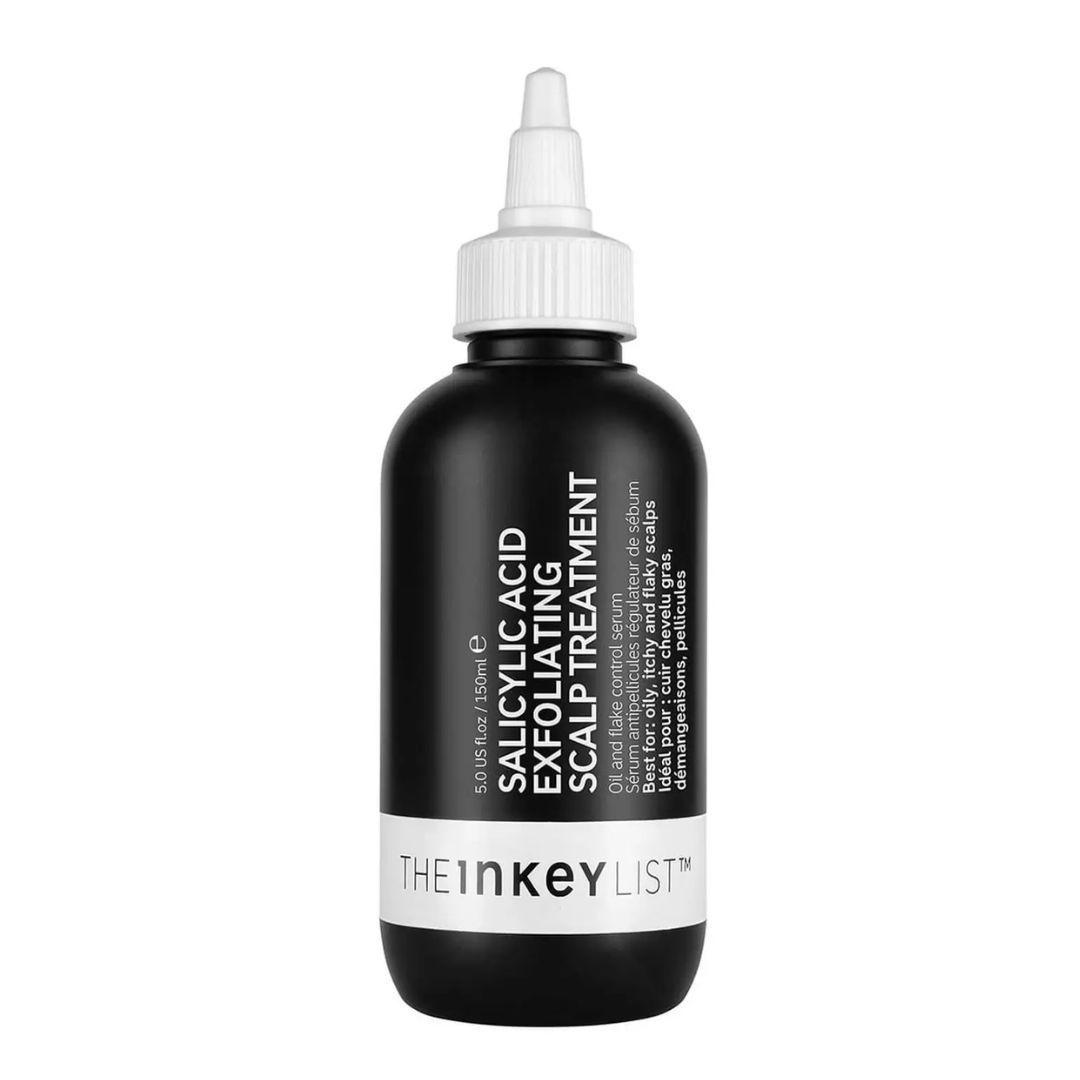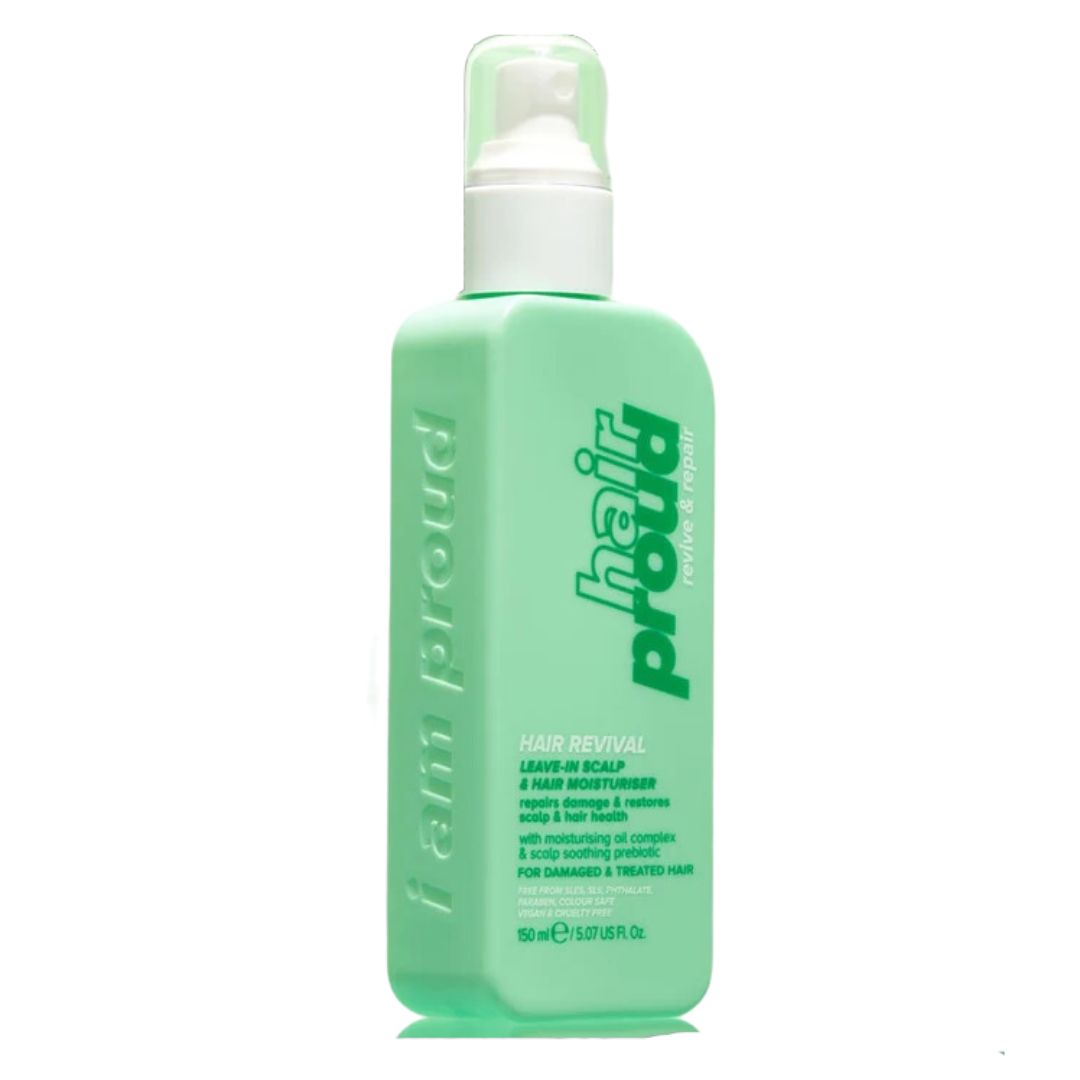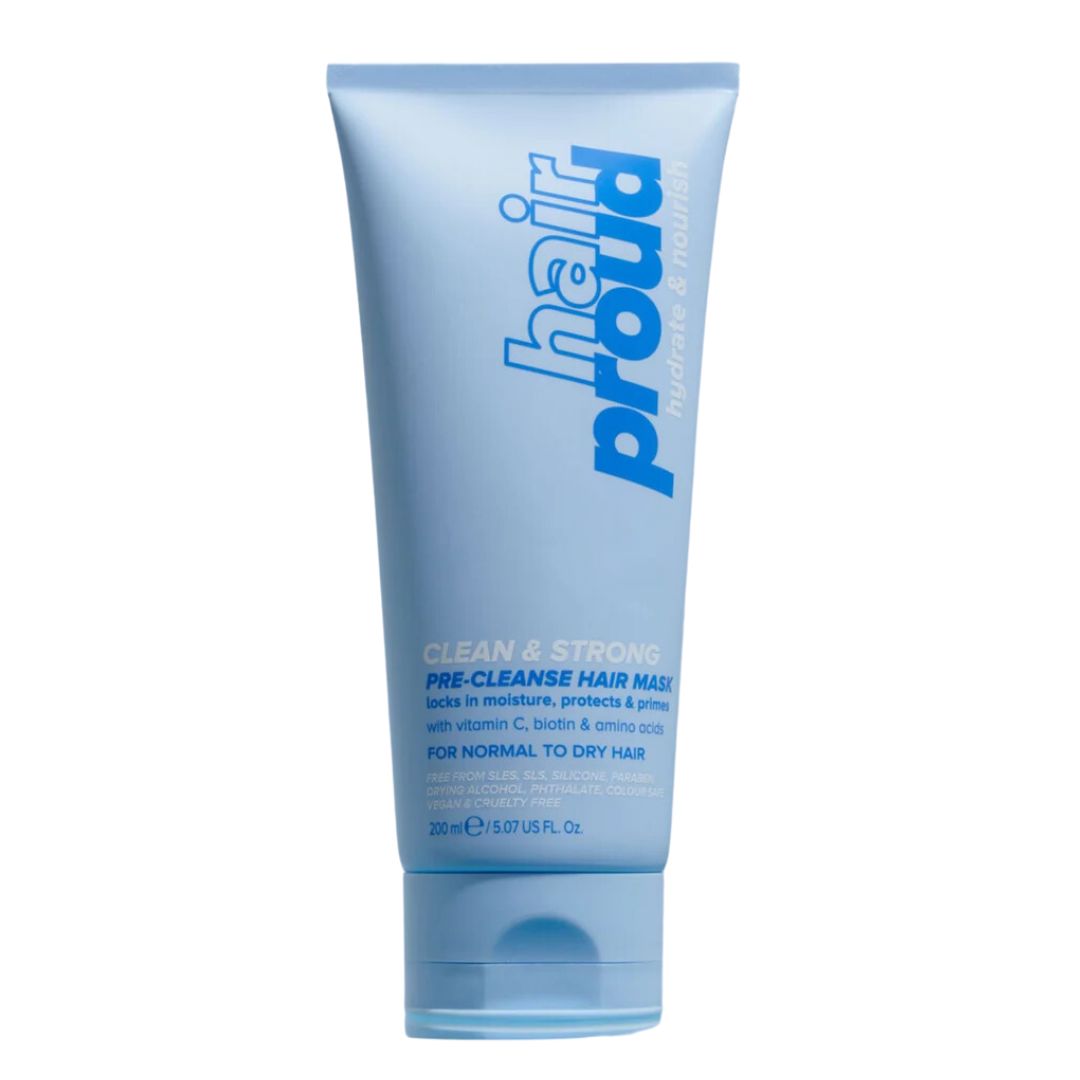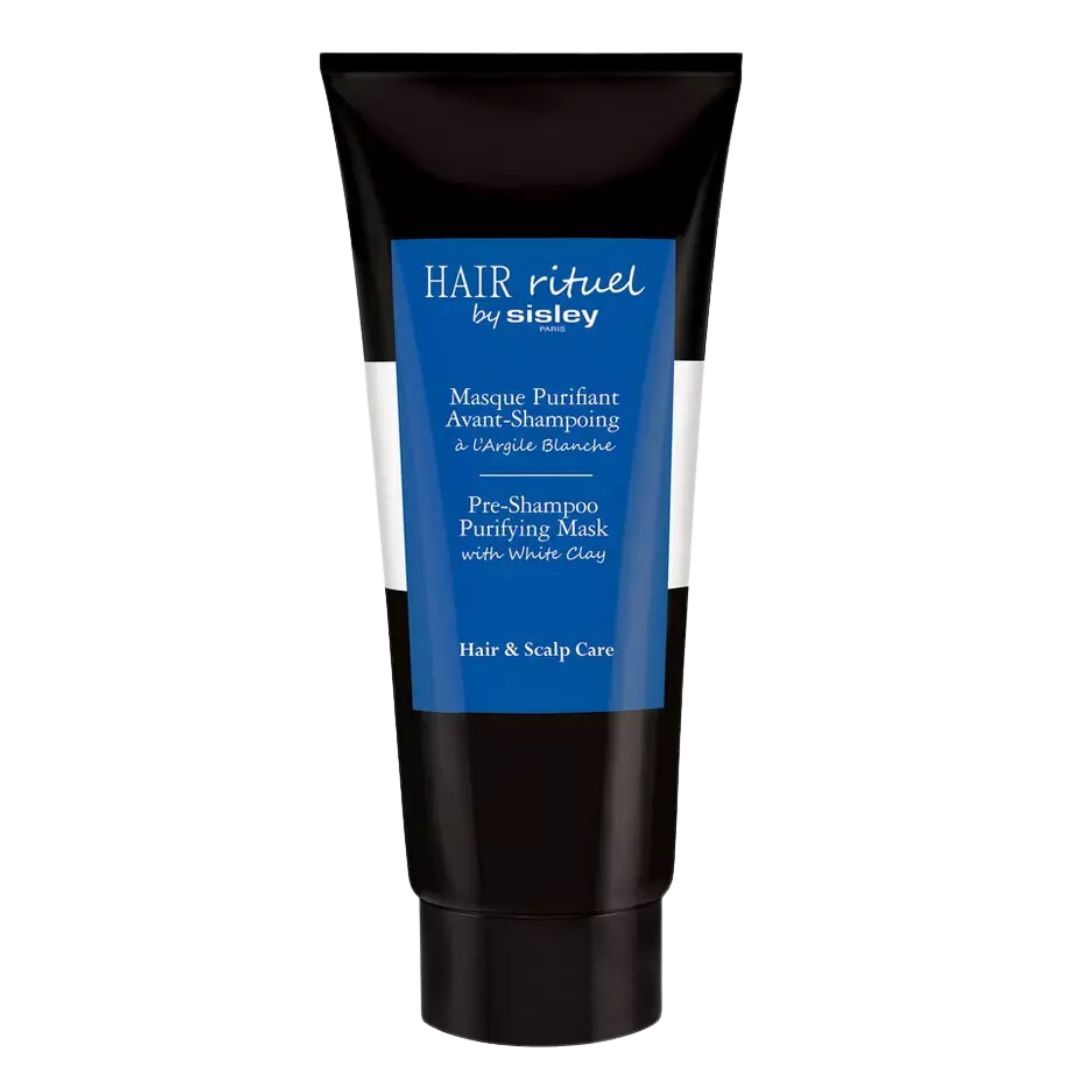Turns out you *can't* use products to grow your hair—here's what an expert wants you to know
We're here to bust those hair myths, one strand at a time
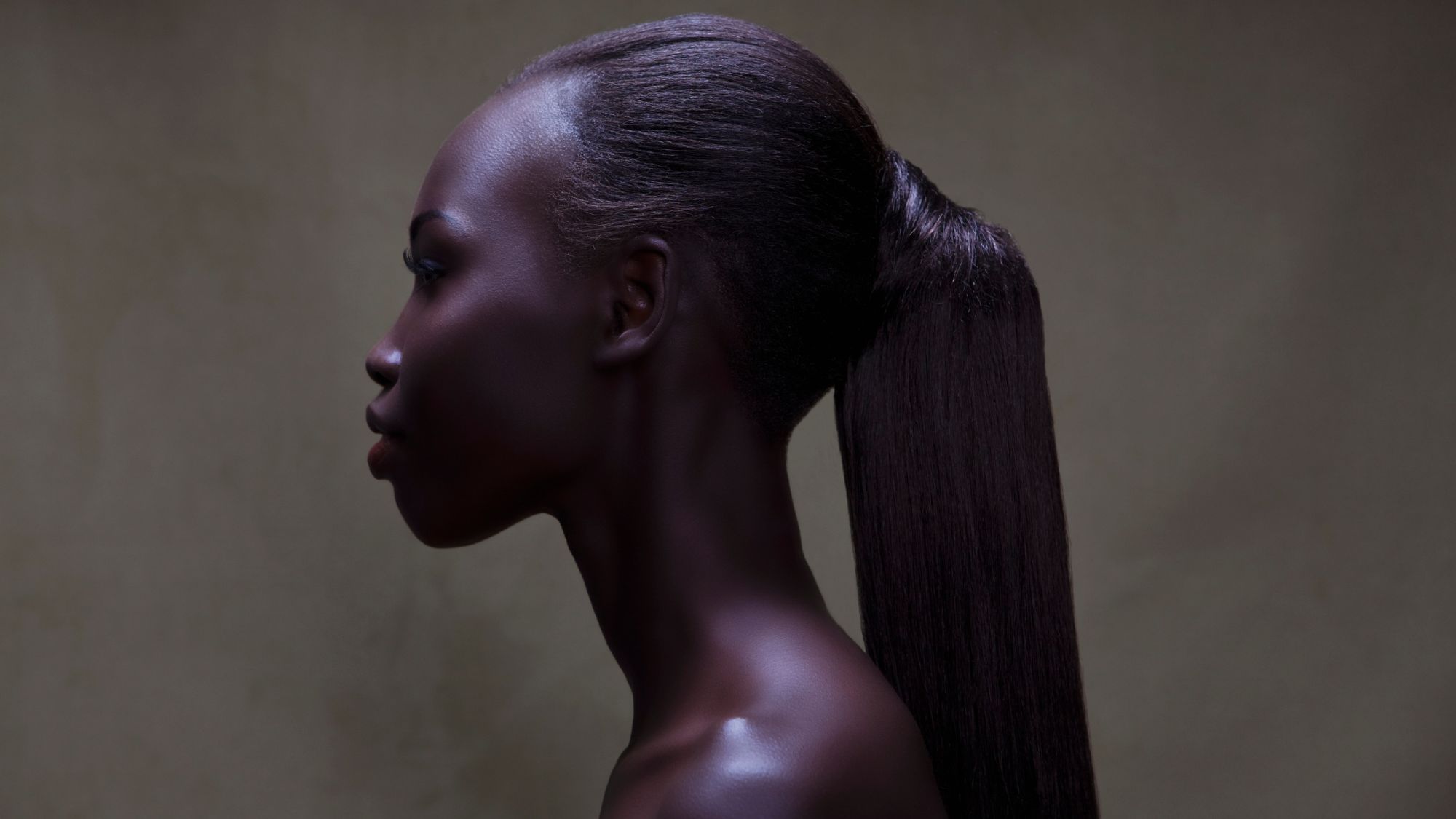

When it comes to haircare, there is so much advice out there that it's hard to know what's true and what's not. From how often you should wash your hair to how to prevent greasy hair and even how to blow dry your hair at home, there's a whole heap of information at your fingertips, but this isn't always a good thing.
Take TikTok for example. The app has gone from strength to strength in recent years, with hundreds of people using it as their first port of call when they want to learn more about how look after their hair.
There are millions of videos all about how to grow your hair, hair oiling, hair styling techniques and more, but not all of these have been created by professionals.
So, we've gone straight to the experts in order to bust some of the biggest hair myths out there right now. We spoke to leading trichologist and Hair Proud guest hair expert Dr Angela Onuoha, just keep on scrolling for what she wants you to know and prepare to be very surprised...
1. You won't grow more hair by using products
Let's face it, we'd all love to speed up the rate in which our hair grows, and many of us have spent hundreds of pounds on products that promise to make long, healthy hair a reality. But, according to Dr Onuoha, they don't actually work in the way they say they do.
"There's no such thing that can speed up [hair] growth. When people really start to invest and put time into their hair regime, they see length retention, which means less split ends and less breakage. This makes it seem as if your hair is growing faster, but in fact you're just taking better care of your hair."
So, although products such as hair masks and oils will definitely help, it's all about how you are caring for your hair at the end of the day.
Marie Claire Newsletter
Celebrity news, beauty, fashion advice, and fascinating features, delivered straight to your inbox!
2. DIY hair products are best avoided
One thing we've seen all over TikTok lately is videos of people making their own DIY scalp treatments. According to Dr Onuoha, these treatments could be causing more harm than good. "I'm not the biggest fan of DIY scalp treatments. I really believe that there's a science behind creating formulations for products. The tests that are being done, the sourcing of the ingredients—it's all so complicated. Even when you look at the packaging, the formulation has to fit the packaging to make sure that there's no mould forming. There's so much that goes into creating a hair product or scalp product and doing it at home with kitchen equipment and things that you eat just doesn't make sense to me. Scientifically, not much has been proven as well."
If you do want a good quality scalp treatment, shop some of our favourites below.
3. Take scalp oiling with a pinch of salt
Another hair trend that's taking over the internet? Scalp oiling. You may have seen people covering their scalps in rosemary oil for hair growth, and although Dr Onuoha doesn't disagree with the trend, there are some things to consider.
"The main thing that I'm not a big fan of is how people apply it and leave it on for several days. A huge part of the population suffers from dandruff, and a big trigger in dandruff is a yeast called malassezia, and it actually feeds from the oils from our scalp, so by applying more oil, you're giving them a feast.
"I would always suggest to use a pre-shampoo treatment. So, for example, if you apply a pre-cleanse mask and you want to add a little bit of extra oomph with an oil, you can apply it, then apply the mask, and then leave it in for 10-20 minutes. Once that's done, hop in the shower, so that you don't leave it on for too long, Also, if you apply it everyday it could cause a lot of build up. I personally wouldn't do that, and I think it's a bit of a scalp myth."
4. Silicones aren't that bad for your hair
Finally, we had to find out if silicones are really bad for your hair. "The silicones that were used back in the day aren't the silicones that we are using now when it comes to hair products," explains Dr Onuoha. "They are way thinner, they spread way more easily, and in product ranges, everything is tested on each other to make sure it works best. So, don't be scared when you see silicones, I'm a big fan of them. You just need to know how to use them, when to use them and how to remove them, just like any other oil or product in the hair."
"It should be a preference, just like some people are vegetarian, some people do judo, some people like oat milk and others like soy—it's a preference. It doesn't mean that the other is bad and the other is good, you just need to know how to use it. With our climates, silicone is our best friend."
Grace Lindsay is currently Junior Beauty Editor at Who What Wear UK and previously was Marie Claire UK's E-Commerce Writer. With over three years of experience in the fashion and beauty industry, she covers everything from the best make-up and skincare deals to how to shop the stand out trends of the season. When she's not typing away at her laptop, Grace can be found shopping her favourite vintage markets IRL, or catching up on her never-ending list of books to read.
-
 How the slogan t-shirt became this season's must-have - and why it's more than just another trend
How the slogan t-shirt became this season's must-have - and why it's more than just another trendNot just another Nineties throwback
By Clementina Jackson
-
 How are Trump’s tariffs affecting the fashion industry?
How are Trump’s tariffs affecting the fashion industry?The fluctuating situation in the US is having very real consequences
By Rebecca Jane Hill
-
 Here's every character returning for You season 5 - and what it might mean for Joe Goldberg's ending
Here's every character returning for You season 5 - and what it might mean for Joe Goldberg's endingBy Iris Goldsztajn
